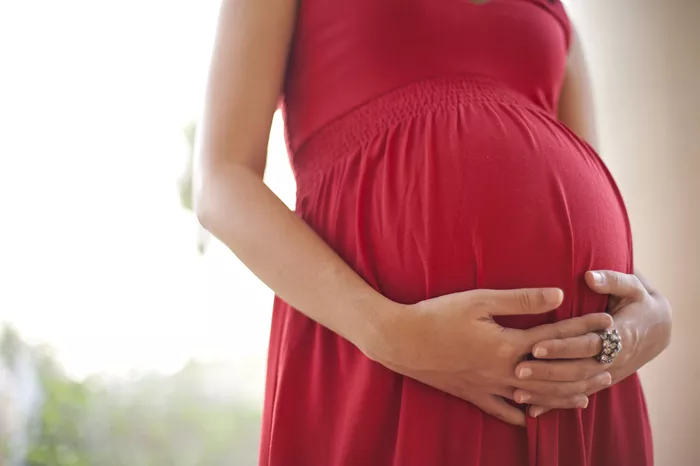A Hong Kong lawmaker’s suggestion to display baby photos in government offices as a way to tackle the city’s low birth rate has sparked controversy and raised questions about the effectiveness of such simplistic solutions. Bill Tang Ka-piu, a member of the Federation of Trade Unions, proposed that authorities create a more baby-friendly environment by placing images of infants in workplaces, particularly within the civil service. His argument is that seeing these “adorable” photos will inspire employees to focus more on family life and less on work.
Tang believes that by displaying baby photos in offices, civil servants—who have job stability and financial security—might be more motivated to “go home and spend time with their wife” rather than working overtime. According to Tang, creating an environment where children are celebrated would encourage people to prioritize family over work.
However, Tang’s proposal has been met with criticism for several assumptions that many find problematic. One major concern is his oversimplified view that civil servants simply need a reminder to go home and spend time with their families, as though work-life balance issues could be solved by mere decoration. The suggestion that civil servants are not working overtime because they have nothing better to do also raises questions about the efficiency of the public sector.
Furthermore, the proposal assumes that women are just waiting at home for their husbands to return from work. This ignores the reality that women now make up 39% of Hong Kong’s civil service and are equally impacted by work-life balance issues. Critics argue that Tang’s suggestion overlooks the complexity of gender roles and fails to account for the fact that many women juggle both professional and familial responsibilities.
Tang’s idea was described as “innovative” by Ho Kai-ming, Hong Kong’s undersecretary for labour and welfare, who promised to take the suggestion to the Civil Service Bureau to see if baby photos could indeed be added to government offices. However, this attention on Tang’s proposal has overshadowed more meaningful discussions on Hong Kong’s demographic challenges.
The city’s low birth rate is a longstanding issue, and simple solutions like offering one-off cash incentives—such as the HK$20,000 ($2,572) payment announced by Ho to encourage newborns—are not enough to address the deeper, structural problems. While these incentives may provide temporary relief, they do little to address the factors that truly influence reproductive decisions, such as affordability, career concerns, and the financial and emotional costs of raising a child.
Lawmaker Nixie Lam Lam highlighted the importance of reproductive rights, proposing longer egg storage for in vitro fertilisation (IVF), a policy that currently allows a maximum of 10 years. Lam argued that Hongkongers, particularly those choosing to freeze their eggs, are increasingly turning to countries like Taiwan and Thailand, which have more generous policies. Lam’s comments underscore the fact that reproductive health and rights should be a priority in any serious conversation about population growth.
Other lawmakers, like Doreen Kong Yuk-foon, have pointed out the need for better support for single parents, noting the high divorce rate in Hong Kong and the lack of government assistance for those raising children alone. Lam also called for more comprehensive reproductive health education for young women, acknowledging that informed choices about family planning are essential for addressing Hong Kong’s demographic challenges.
Unfortunately, the media focus on Tang’s baby photo proposal has overshadowed these more substantive discussions. Many believe that the city’s political discourse would benefit from a shift away from trivial suggestions toward more thoughtful, evidence-based policies that address the real challenges facing families today.
In conclusion, Tang’s suggestion to hang baby photos in government offices has drawn significant criticism, with many arguing that it does nothing to address the root causes of Hong Kong’s declining birth rate. If the government truly wants to encourage families to grow, it will need to move beyond gimmicks and focus on policies that provide tangible support for families, such as affordable childcare, better reproductive health services, and financial incentives that address the true costs of raising a child.
Related Topics:


